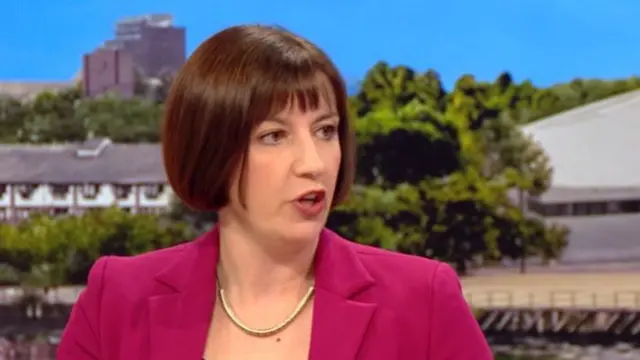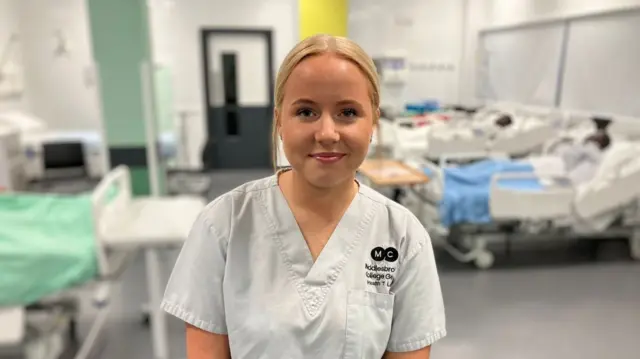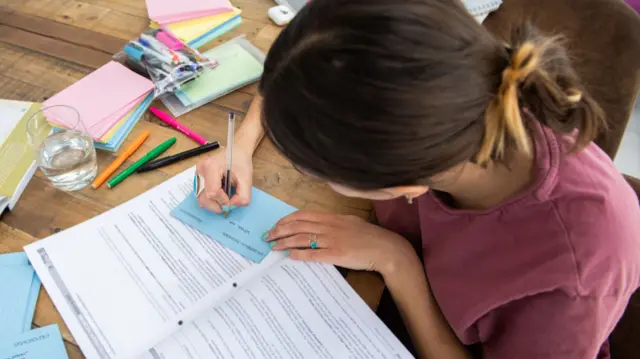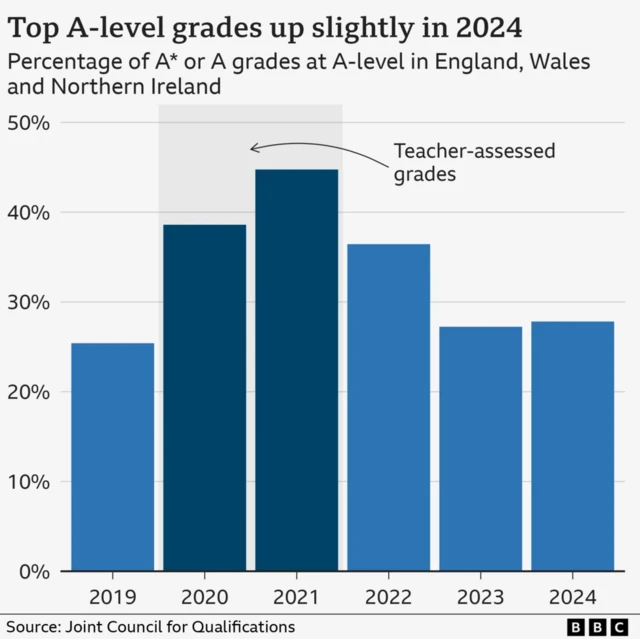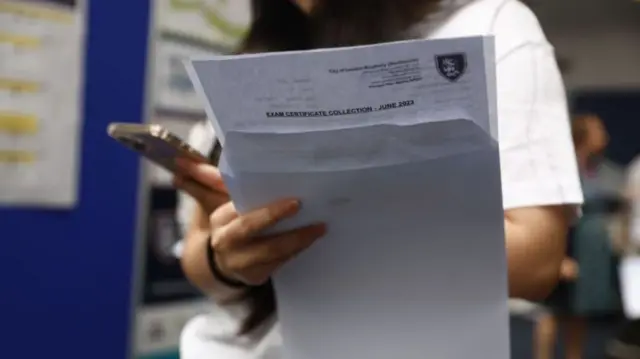Record number secure first-choice university placepublished at 08:08 BST 14 AugustBreaking
 Hazel Shearing
Hazel Shearing
Education correspondent
We’ve just heard from the Universities and Colleges Admissions Service (Ucas), which says a record number of 18-year-olds have secured a place at their first choice of university.
Overall, 82% of offer-holders have successfully got into their first choice.
That’s the same proportion as last year, but there are more 18-year-olds this year.
These results this morning mean around 226,580 18-year-olds got into their first, or "firm", choice – up from 216,750 last year.
When applying for university through Ucas, students mark one institution as their first or firm choice and one as their second, or "insurance".
The head of Ucas predicted last week that a record number of 18-year-olds would get into their first choice - even if they narrowly missed their grades.
Dr Jo Saxton said universities were keen to enrol UK undergraduates this year because there was more "uncertainty" around international student numbers.

